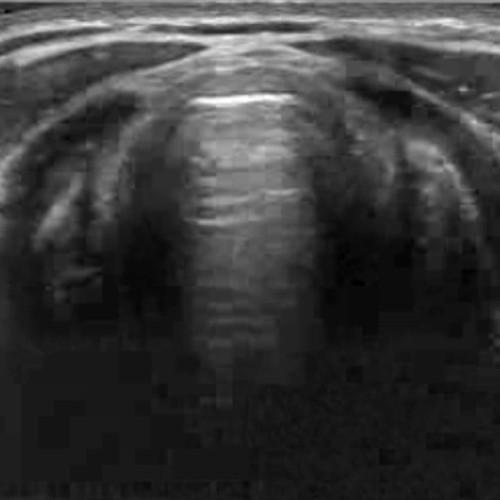The Pediatric Lung Sonography: Advanced Clinical Module examines the role of sonography in the evaluation of pediatric patients presenting with a variety of normal and pathologic pulmonary conditions. The sonographic characteristics of the more commonly encountered pediatric respiratory conditions are discussed, with special emphasis on diseases of neonates and infants. The course reviews relevant anatomy and sonographic findings of respiratory conditions such as: pneumonia, pleural effusion, pneumothorax, atelectasis, transient tachypnea, meconium aspiration syndrome, respiratory distress syndrome, bronchiolitis, and bronchopulmonary dysplasia. Sonographic considerations focus upon pediatric-specific techniques and protocols, including transducer selection, patient preparation, imaging protocols, and ALARA principles as they relate to lung sonography. The course concludes with imaging tips and pitfalls and a summary of salient teaching points.
This activity has been planned and implemented in accordance with the accreditation requirements and policies of the Accreditation Council for Continuing Medical Education (ACCME) through the joint providership of the American College of Emergency Physicians, the Illinois College of Emergency Physicians, and SonoSim, Inc. The American College of Emergency Physicians is accredited by the ACCME to provide continuing medical education for physicians.
The American College of Emergency Physicians designates this enduring material for a maximum of 5 AMA PRA Category 1 Credits™. Physicians should claim only the credit commensurate with the extent of their participation in the activity.
Approved by the American College of Emergency Physicians for a maximum of 5 hours of ACEP Category I credit.











